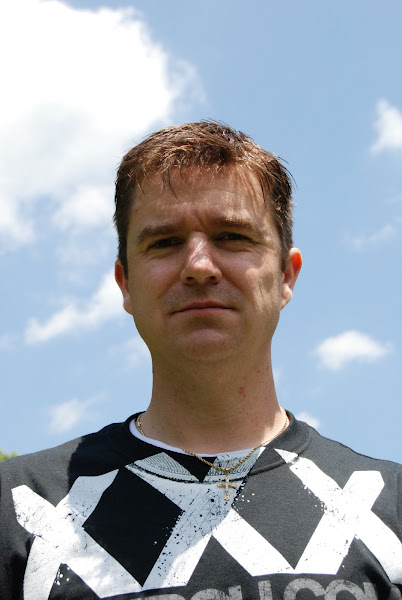
There is a great desire within many young people to strike out on their own, define themselves and set themselves apart. Often the easiest route to "finding oneself" is to latch on to that which is new and innovative. The young person then sees this new belief as their own and, hence, they are then truly "authentic."
The emerging church movement had this effect on me. While attending seminary, I was instinctively drawn to that which seemed to transcend tired liberalism and "stale evangelicalism." I absorbed the works of Walter Brueggemann, N.T. Wright, Miroslav Volf, etc.
I ridiculed "narrow minded fundamentalism" and dismissed boring 19th century protestant liberalism. I took these new theologians whose names evoked a "who?" from my former church crowd and made them mine. I felt like such a true individual while also being "spiritual."
Yet even as I discussed Kevin Vanhoozer over coffee and attended conferences in which young pastors like Tony Jones went on and on and on and on and on...I knew that there were serious flaws with a lot of the arguments set forth by emerging thinkers. I dismissed these flaws as the growing pains of a new movement and my fellow emergents seemed to do the same.
For example, take the Open View of God which was outlined by the likes of Clark Pinnock in the early 1990's and popularized by megachurch pastor Greg Boyd in the late '90's (both emerging heroes). The open view holds that God does not know the future either because He chooses not to in order to respect our autonomy or cannot know the future because, like us, He is bound by the dimension of time. The stated goal of the open view of God is to absolve the almighty from evil because He cannot be held responsible for that which He cannot see coming.
One professor, who will remain nameless to protect the guilty, told me after 9-11 that the open view is necessary because a God who knew that the planes were definitely going to fly into the twin towers and let it happen would be a monster. I nodded hopefully but knew the argument sucked.
Even the loudest proponents of the open view argue that God knows the present perfectly and also argue that, in Scripture, where God accurately predicts the future that this is due only to His pervasive knowledge of individuals which allow Him to perfectly guess what will happen next. For example, Jesus knew that Peter would deny him three times because He knew Peter and the "lay of the land" so to speak. Yet, if God knew the hearts of the 9-11 hijackers, was watching everything that happened and could perfectly guess what was coming and still didn't stop it then is He really absolved of the deed?
In the early days of the emerging church when guys like Mark Driscoll, Dan Kimball, Chris Seay and Brian McLaren would speak at the same conference then there would indeed be a lot of very interesting dialogue but when it lapsed into only those holding a very leftish theology then it ceased to be a real conversation. Now flimsy doctrines like the open view of God are never challenged. Indeed the emerging church has slowly been adopting a celebrity culture in which certain figures are elevated to such a status that their works are not even questioned (think McLaren, Rob Bell, Donald Miller, etc.) or at least not questioend without receiving a quick, flippant ad hominen response that really isn't a response at all.
Again, why did this movement sprout and when did I have enough of it? Stay tuned.
